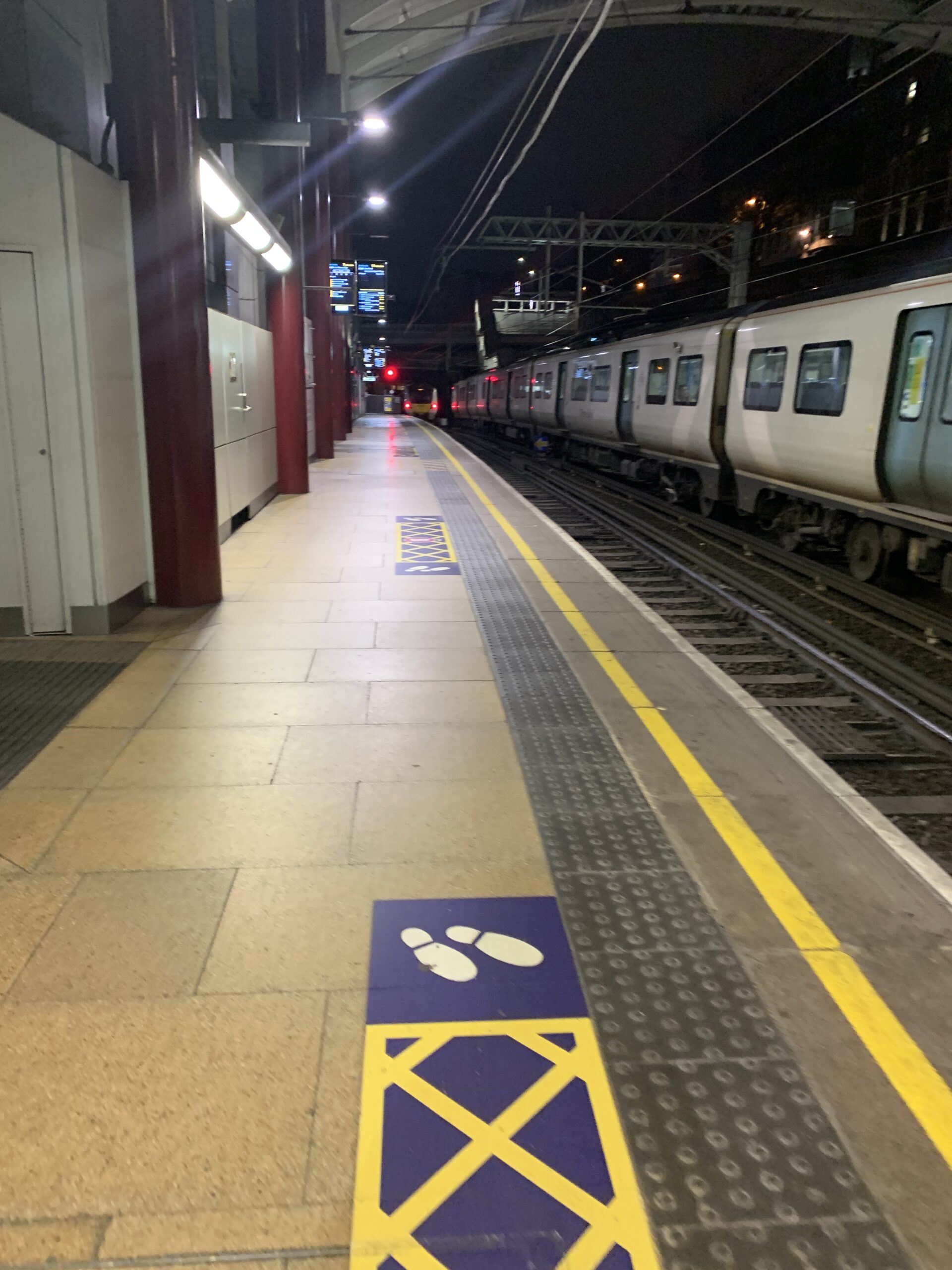
The Turbulent Tube
From finding nearby grocery stores, budgeting my weekly expenses abroad, and scheduling phone calls with my family, my time abroad has been filled with a lot of problem-solving. However, transporting myself around London has proved to be the most turbulent problem of them all. London has been hailed worldwide as one of the largest and most efficient transportation hubs and connects citizens through over thirty of its boroughs. However, despite London’s glowing reputation, tube strikes have posed a challenge to many London commuters and have been instrumental in my growth of problem-solving skills.
Walking to my local tube station during my fourth week into classes, I was refreshed and excited to begin my day of classes. Taking each step along the canal behind my dormitory, I looked at the swans and ducks gliding across the water as I listened to my favorite pop hits. Without much worry or hurry, I took my time to immerse myself in the animals and people moving around. Diverting from the canal and making my way to Westbourne Park station, I was excited to hop on the tube and make my less than ten-minute trip to class. However, walking to the station, to my shock and surprise, the station door was closed. Upon closer inspection, I saw a white paper with writing that stated, “Westbourne Park Station closed due to tube strikes.” My first reaction was pure fear. How was I going to get to class? Would I even make it to class?
Out of nervousness but determination, I was resigned to the belief that I would make it to class on time. Quickly looking at the time, approximately 8:30am, I knew I had a short window to make it to class. Weighing my transportation options, the only transportation I could take would be the bus. The 295 Clapham Junction stop was ten minutes away from me, and it would take me about forty minutes to reach my class starting at 9:30. Retying my shoelaces and tightening up the straps on my backpack, I prepared myself for a mad dash. Running to the bus stop my pop music became the soundtrack for my personal Olympic games, and I was determined to get the gold. I flew across London past markets, homes, shops, and restaurants. At lightning speed, I arrived at the bus stop and immediately hopped on the crowded bus. About forty minutes later, arriving at class on time, I mentally celebrated my victory!
Looking back on this experience, I realize how my problem-solving skills helped me adapt my thinking and routine. Being able to think decisively, I found an alternate travel route and arrived at class on time. Whether finding a new tube route, working on a school assignment, or a group project, my problem solving skills will be integral to my role as a scholar and as I build my career. Taking my problem-solving skills back to the United States, I am confident I can solve any problem and find new ways of thinking and possibilities!
